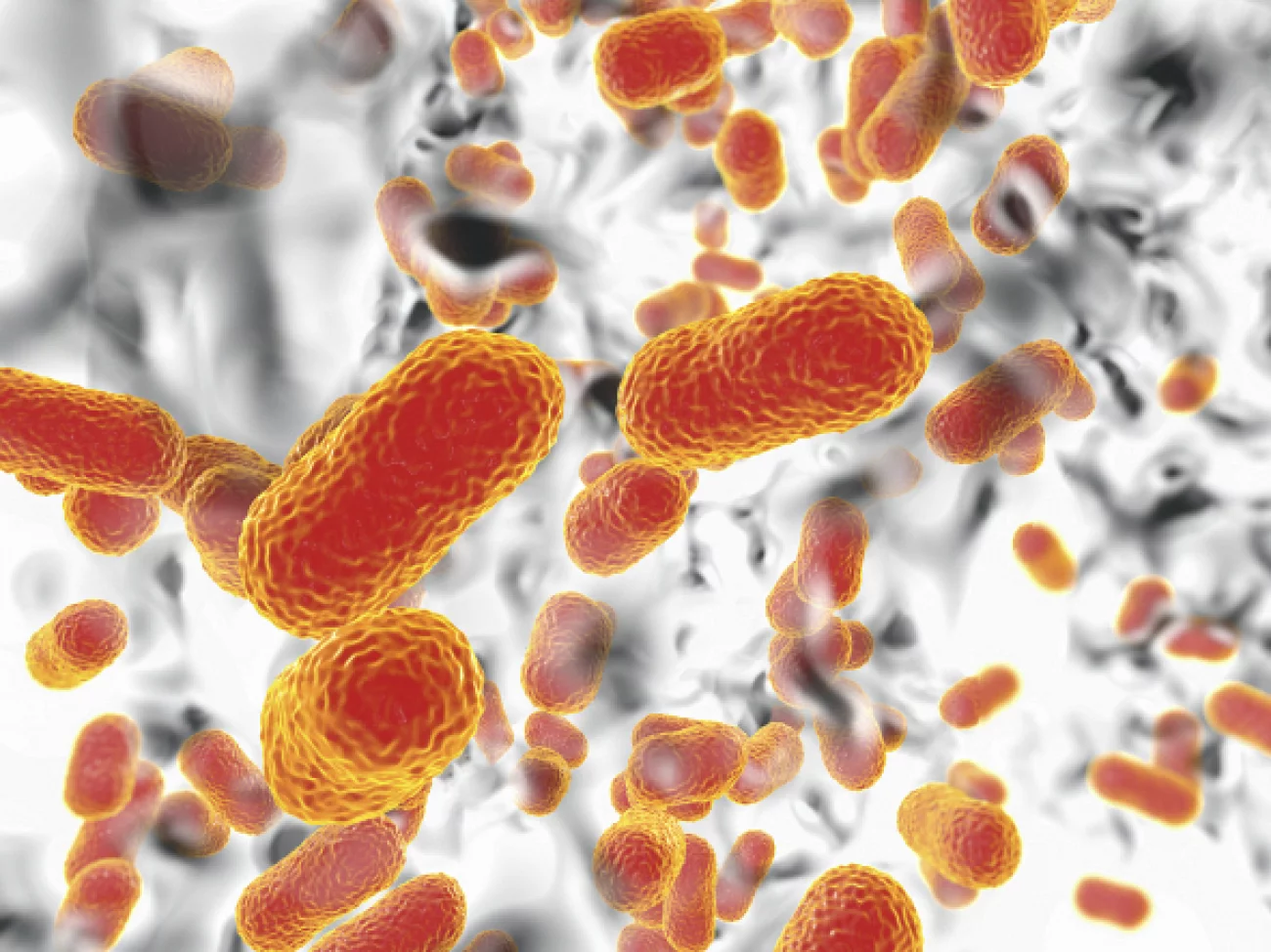
Respiratory viruses impact everyone differently. Some may miss a few days of work, while others face a long recovery. Certain risk factors can make you more vulnerable to getting very sick from COVID-19, flu and RSV.
To stay healthy, people at high risk and their loved ones should take precautions — whether they’re an active senior staying up to date on their shots or a pregnant person getting vaccinated to protect their unborn baby. Vaccines are your best defense against getting very sick.
Here are five key risk factors to know:
1.Age. Grandparents and grandkids share a special bond, but during respiratory virus season, older adults need to take extra care. People ages 65 and older are at a higher risk of developing severe illness from COVID-19 and flu, while those 75 and older are at a higher risk for severe RSV. Additionally, older adults who are 60 to 74 and live in nursing homes or have health conditions, such as heart and lung disease, obesity, diabetes, kidney disease and other chronic conditions, are at higher risk of complications and more severe illness from RSV

 Health Glance
Health Glance


































